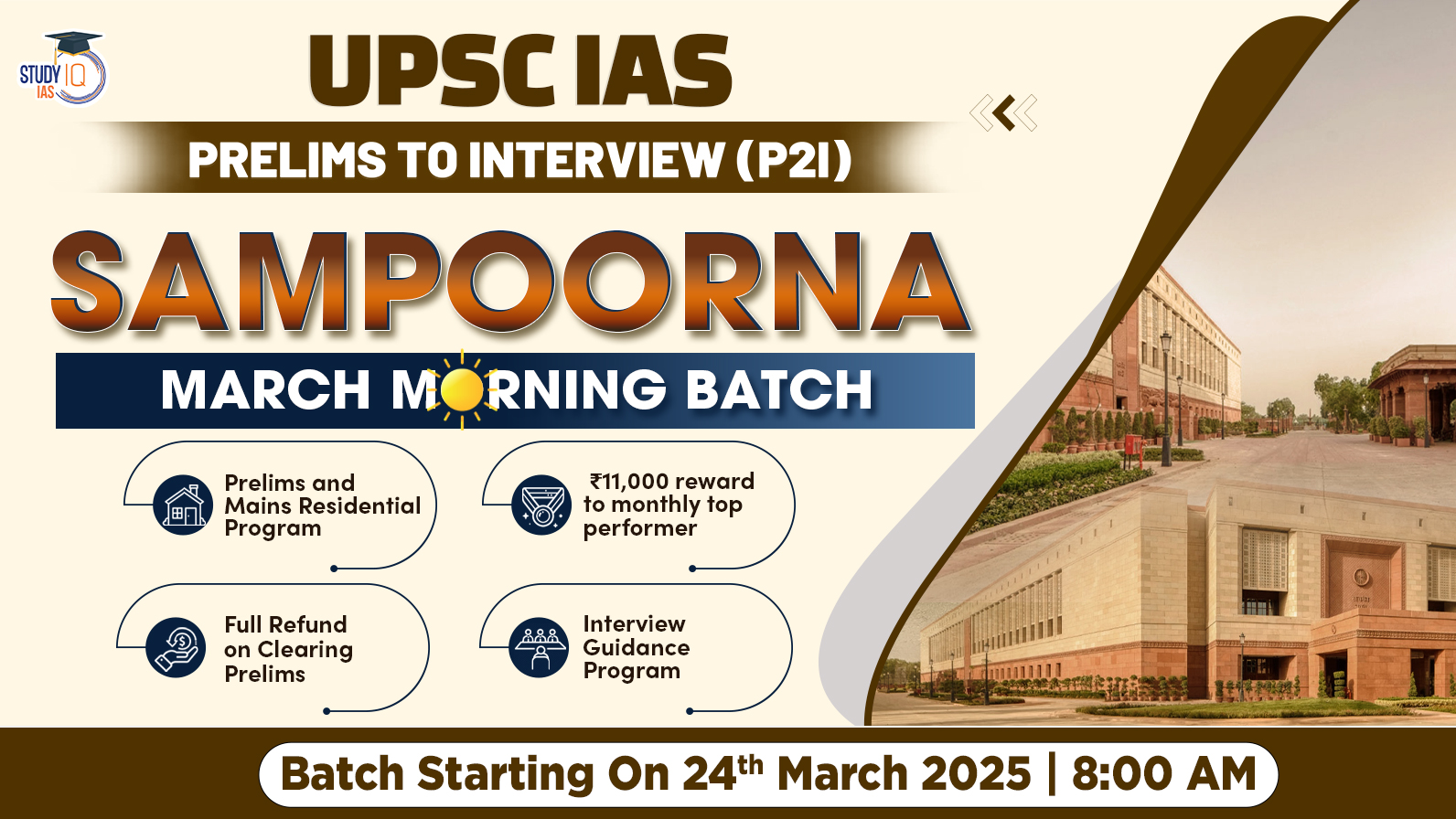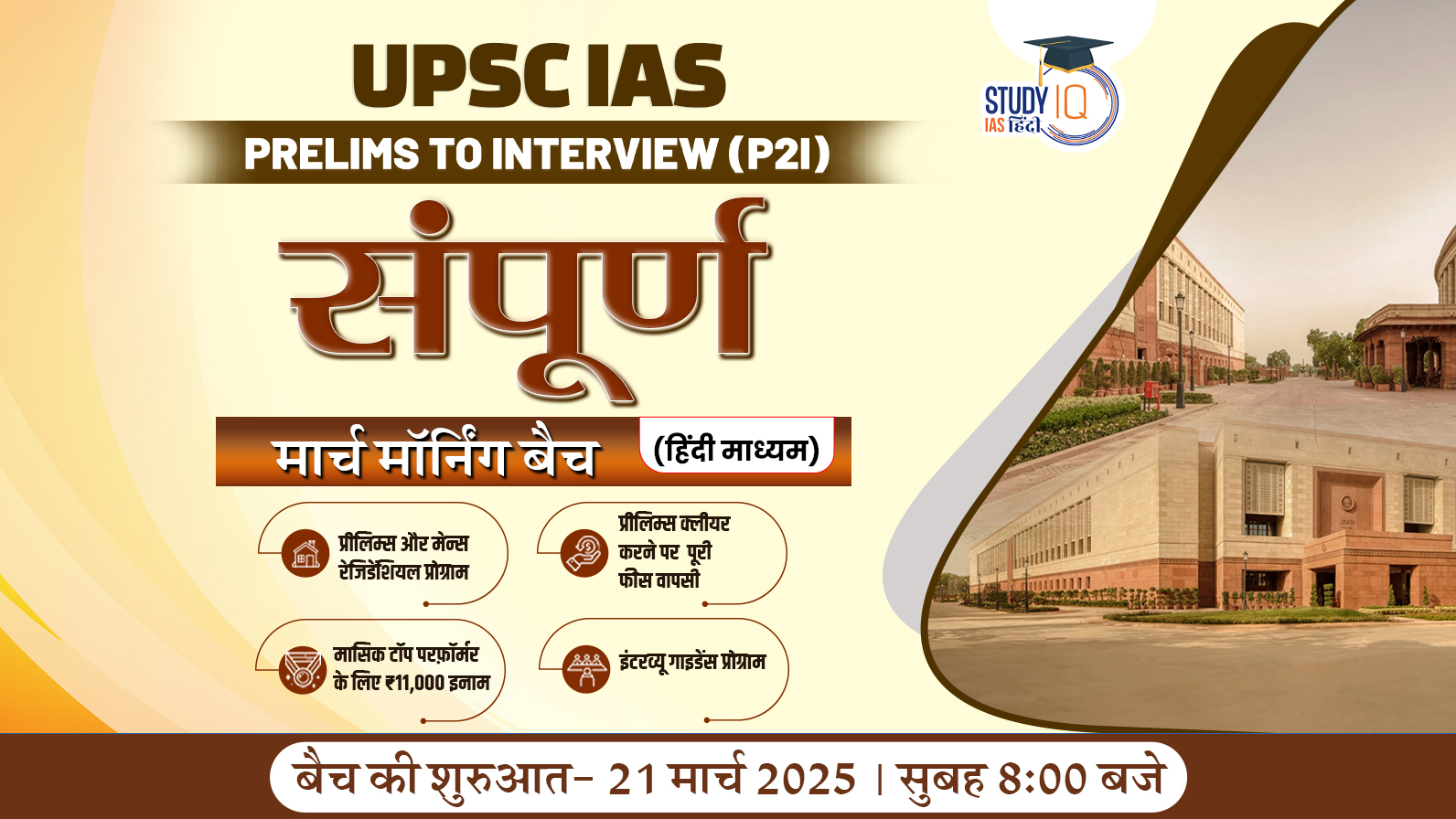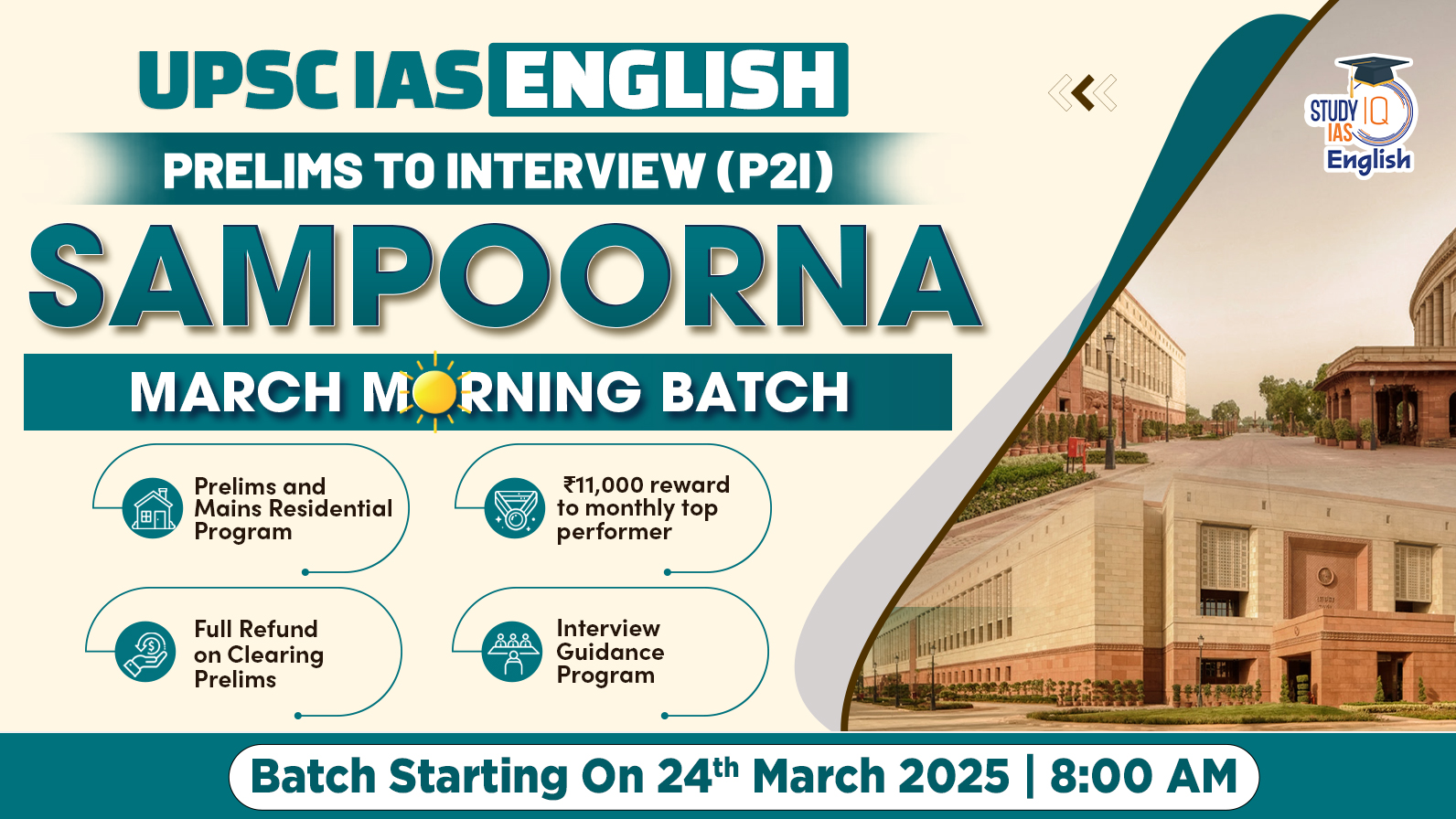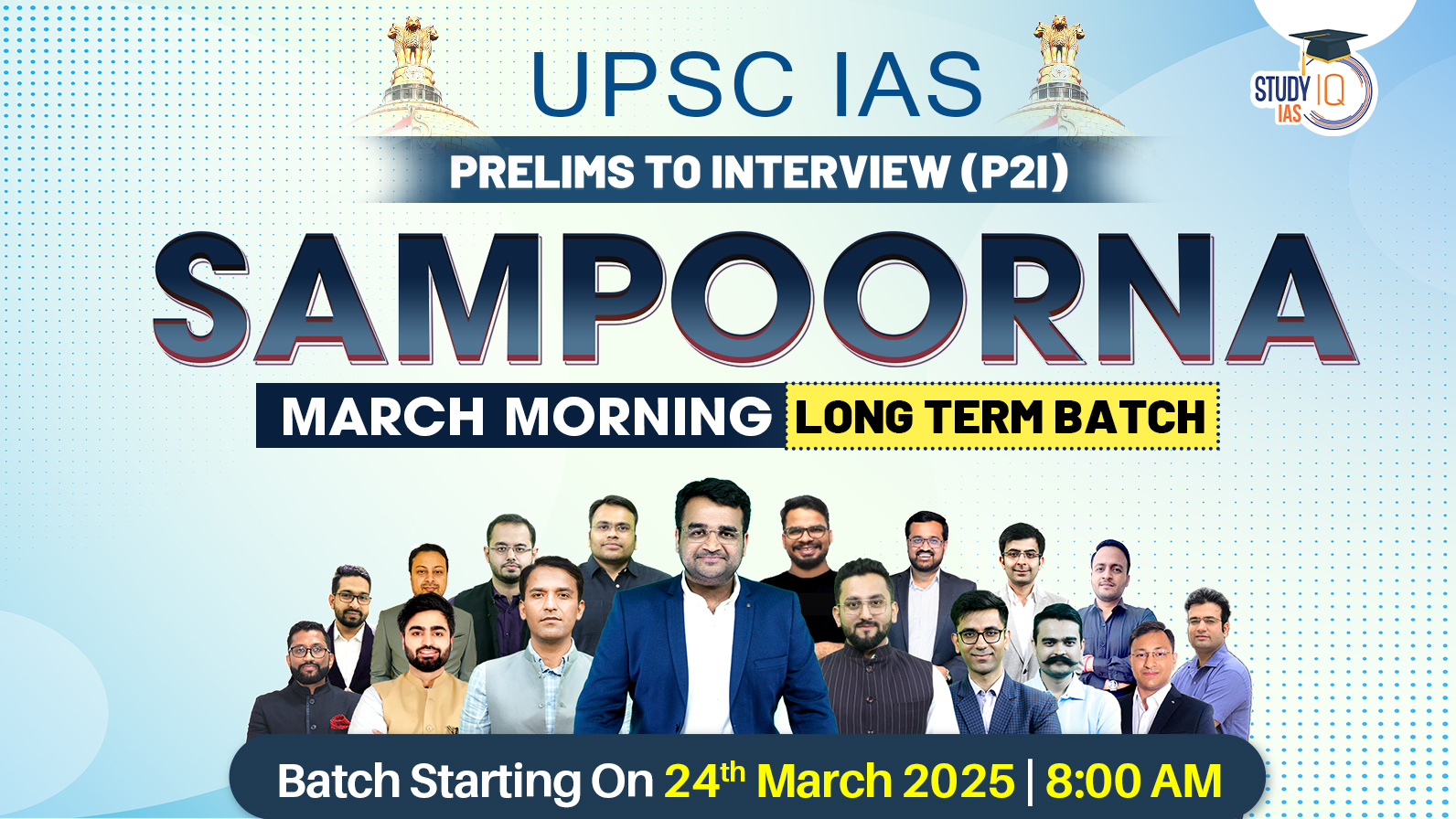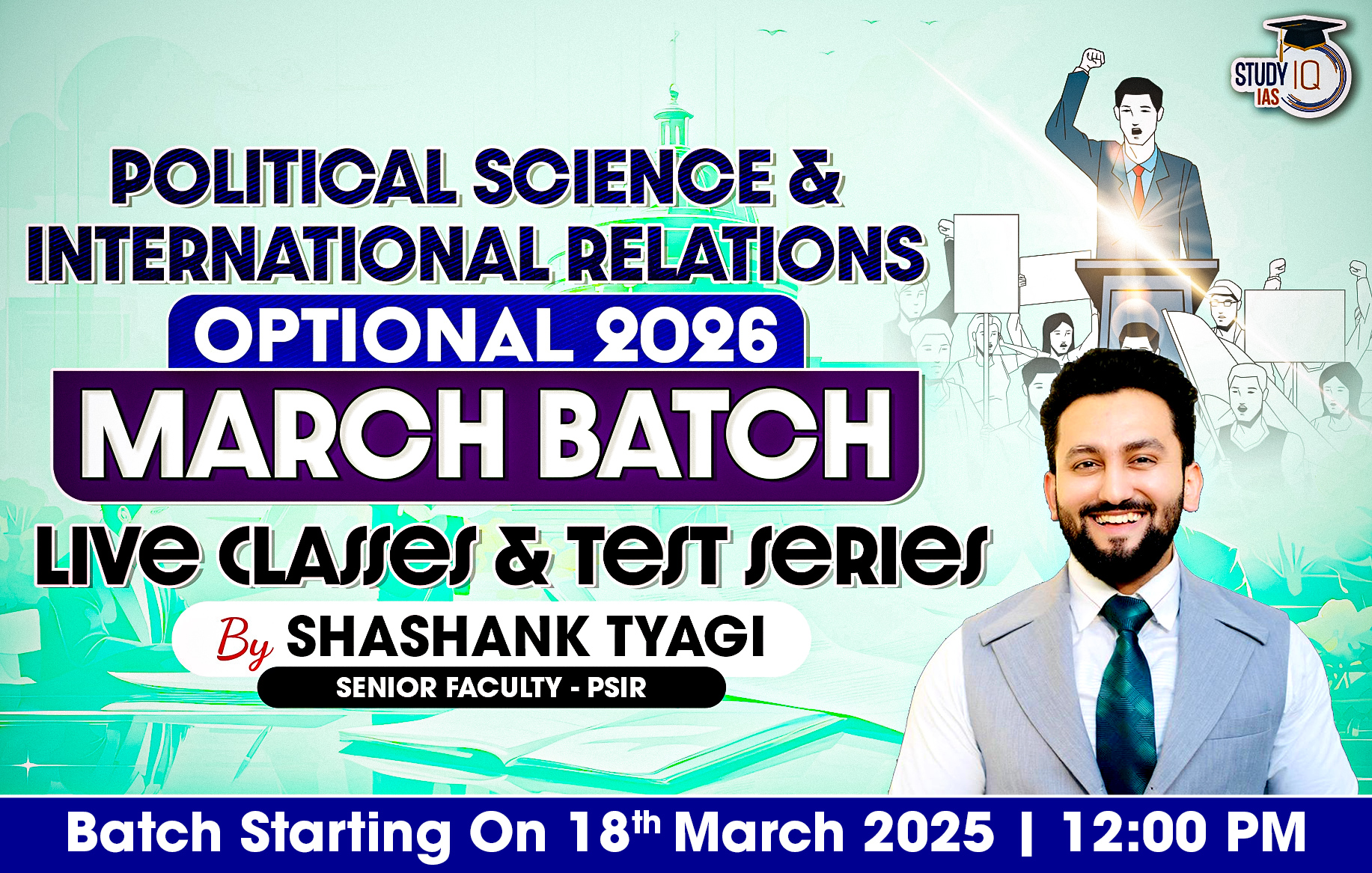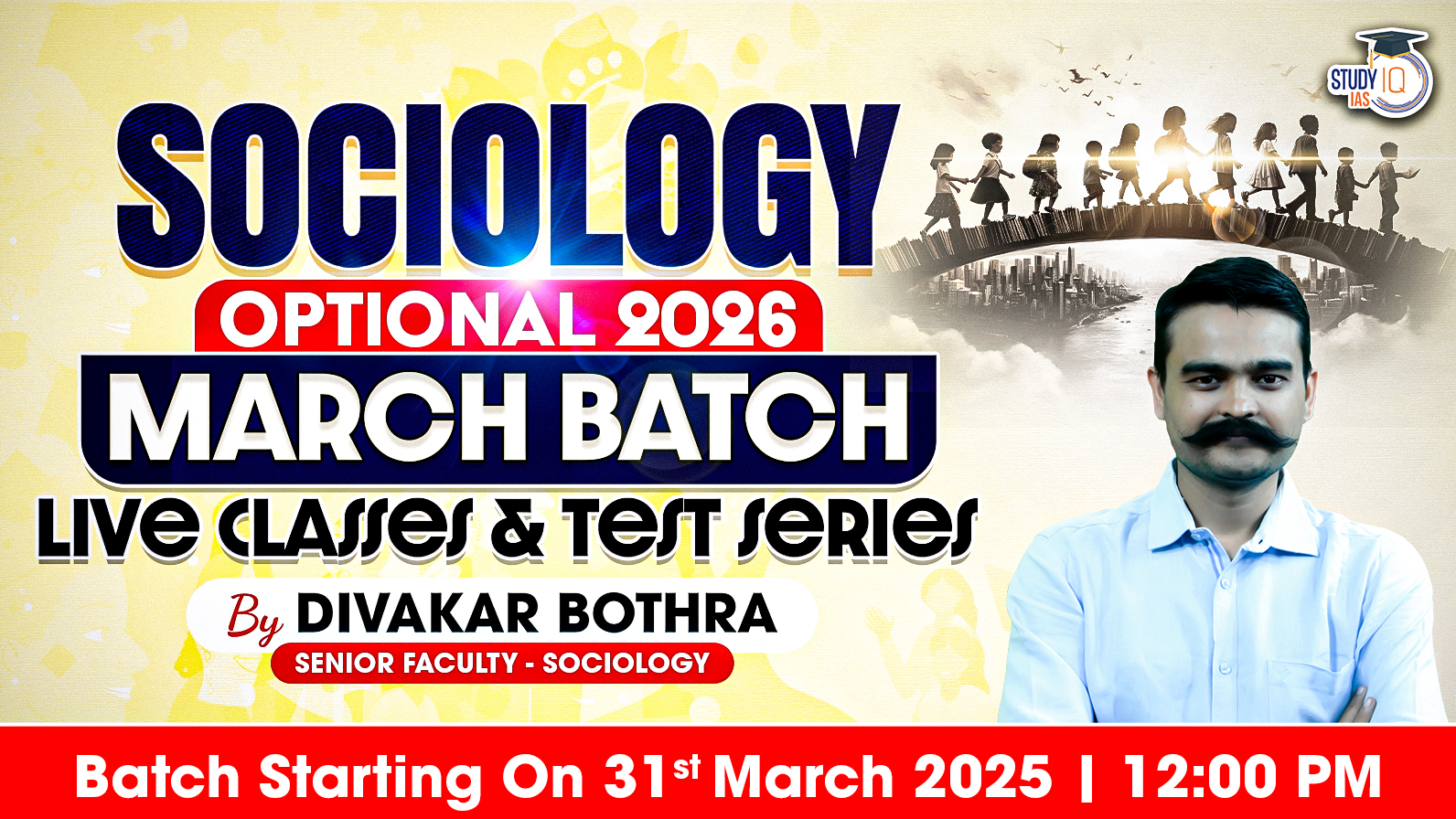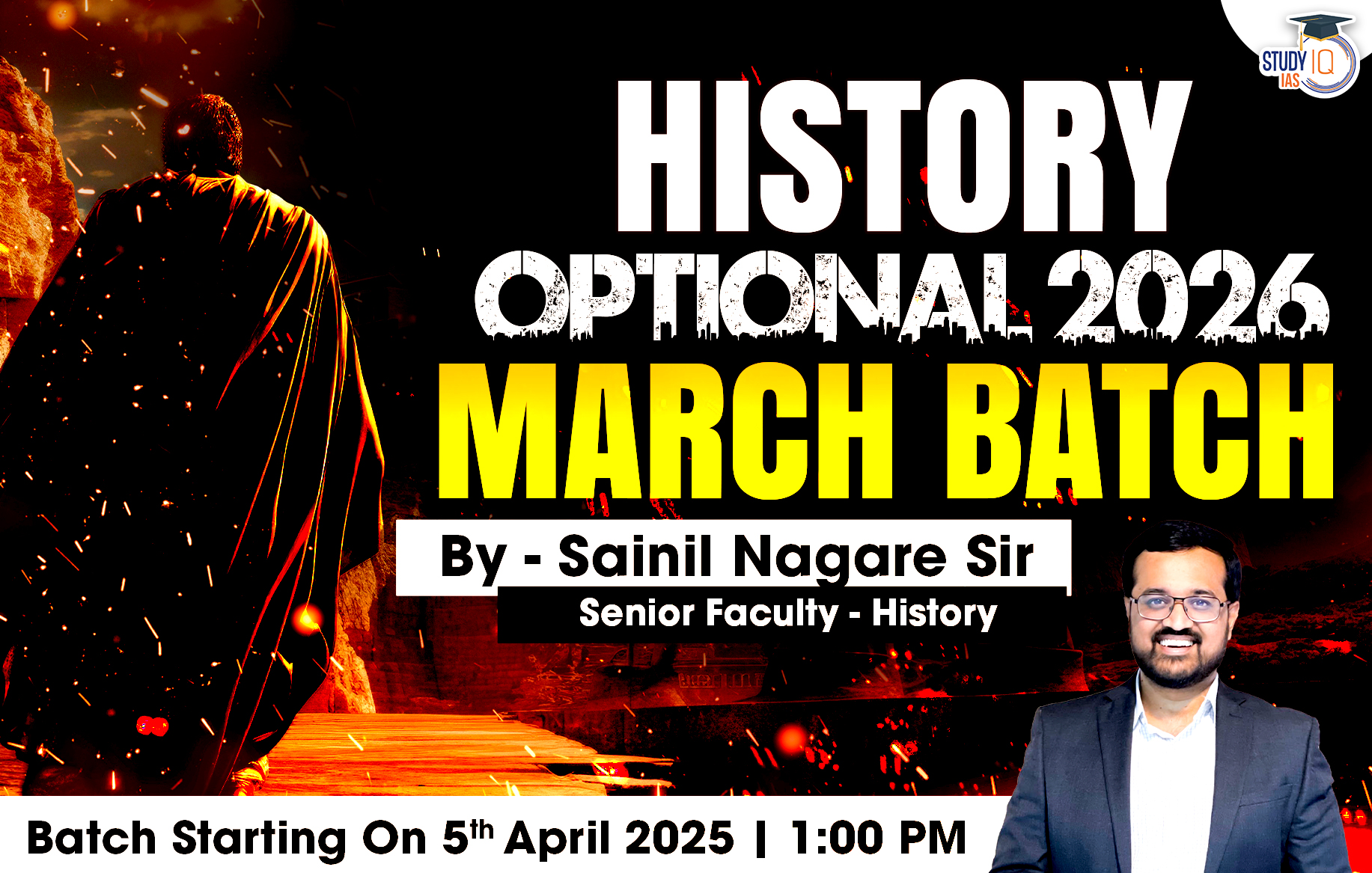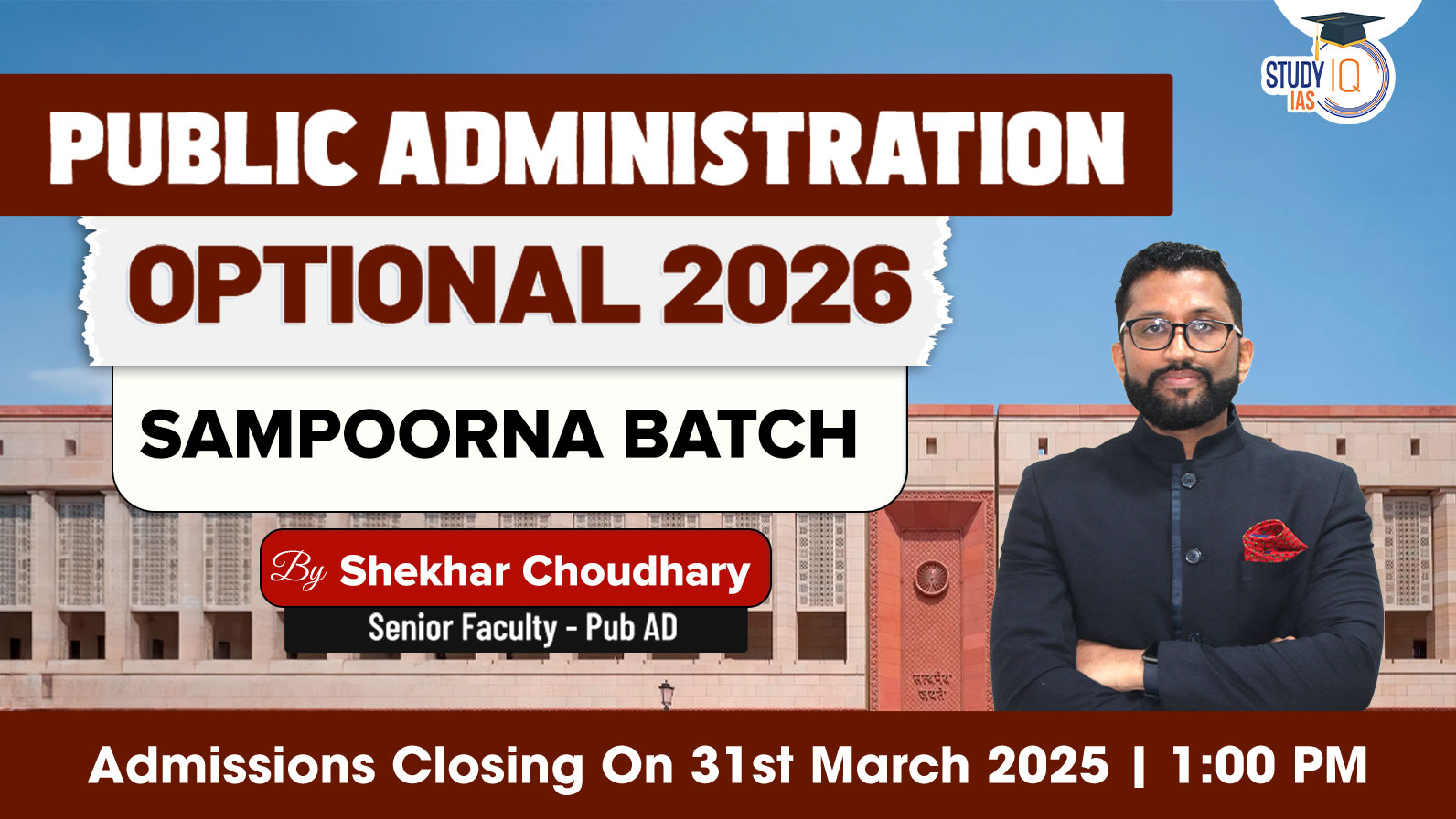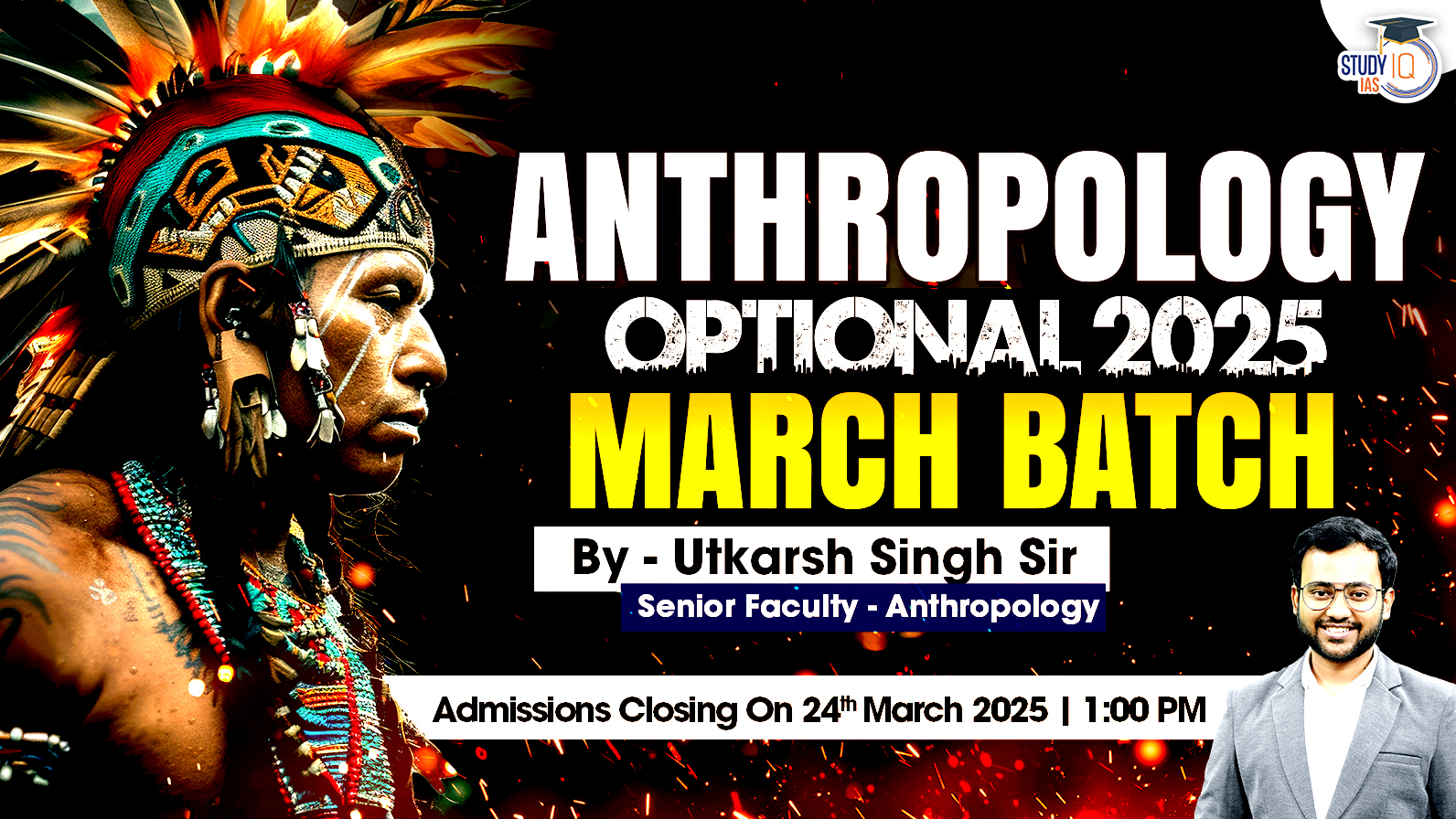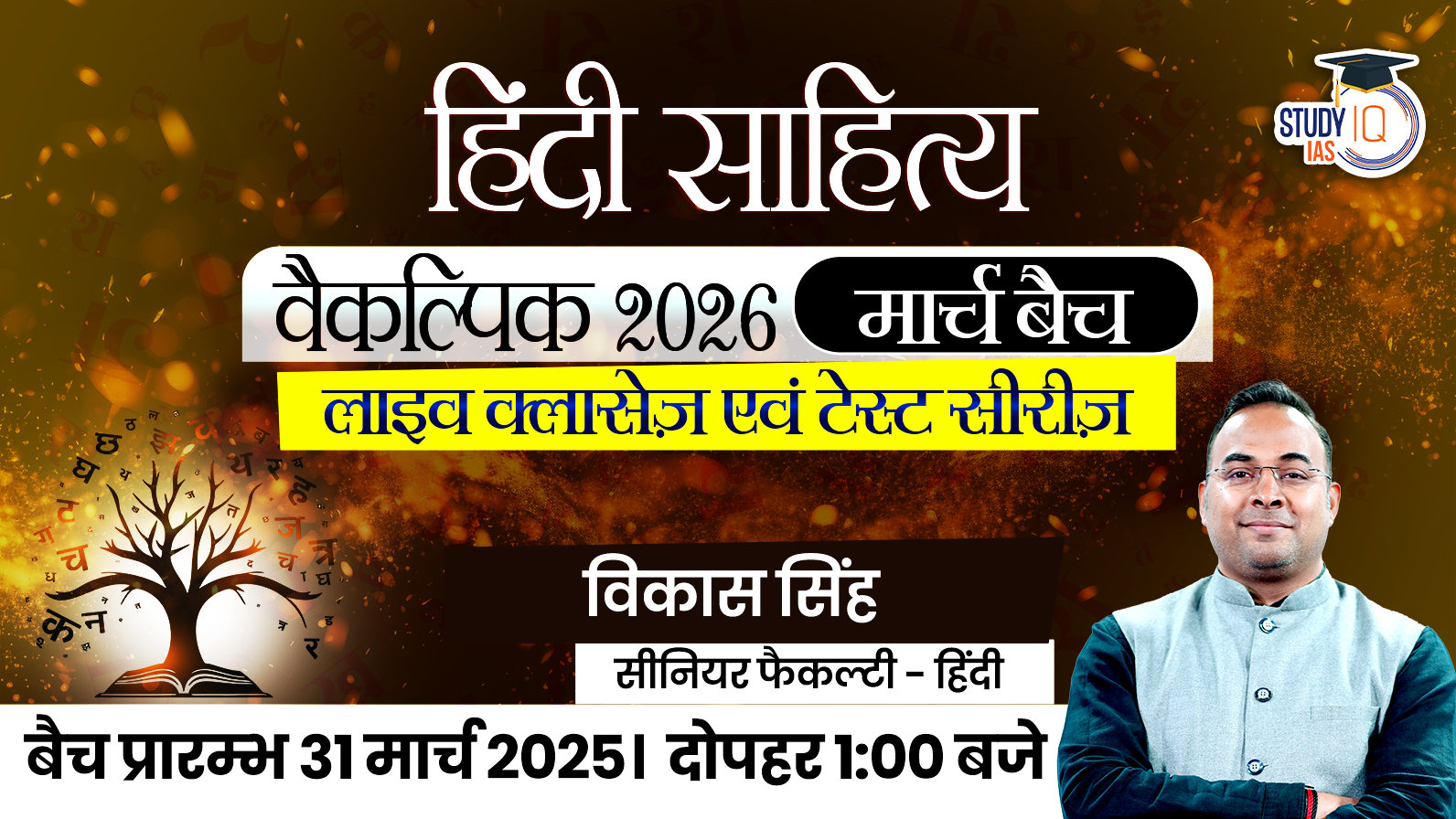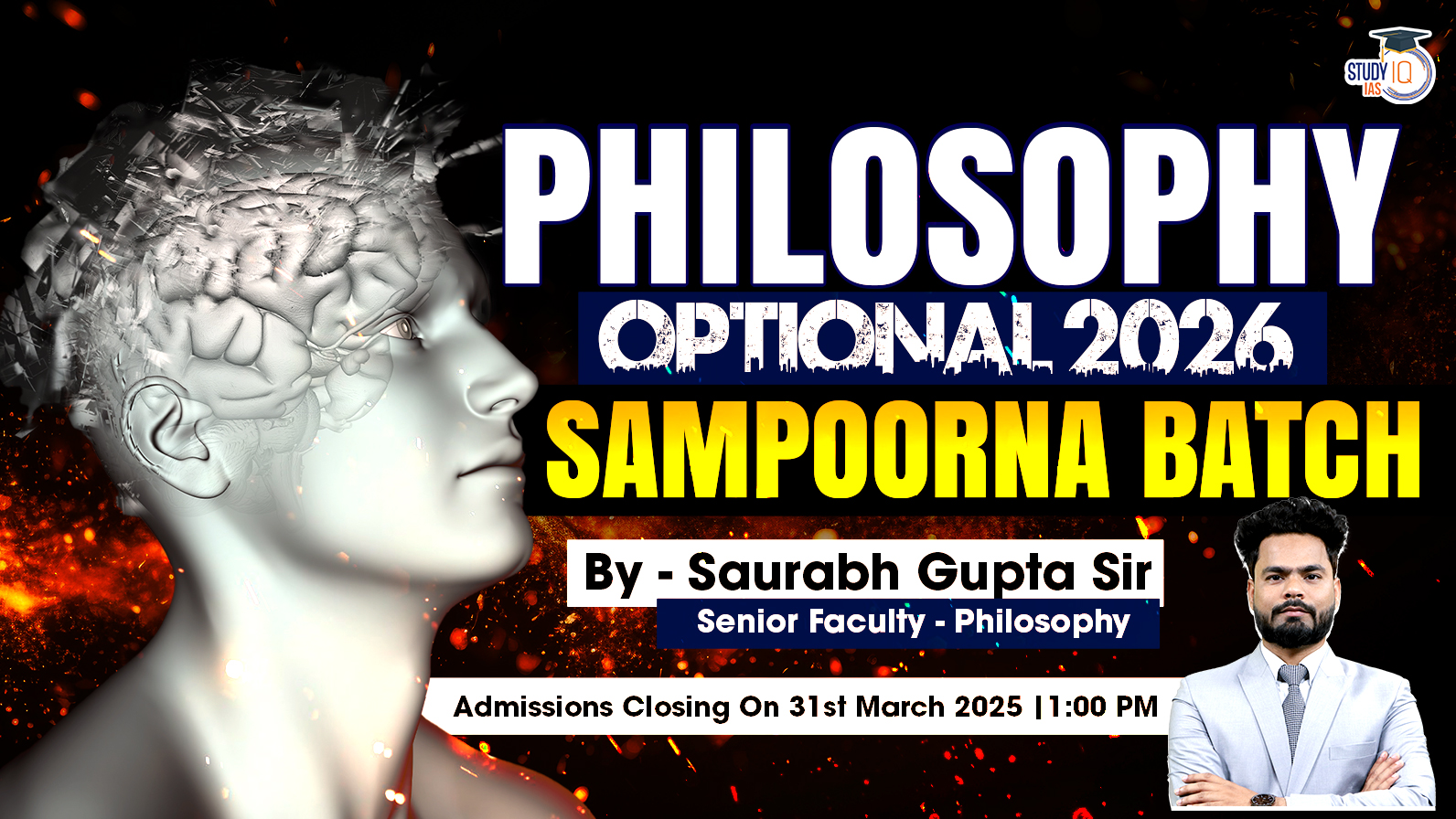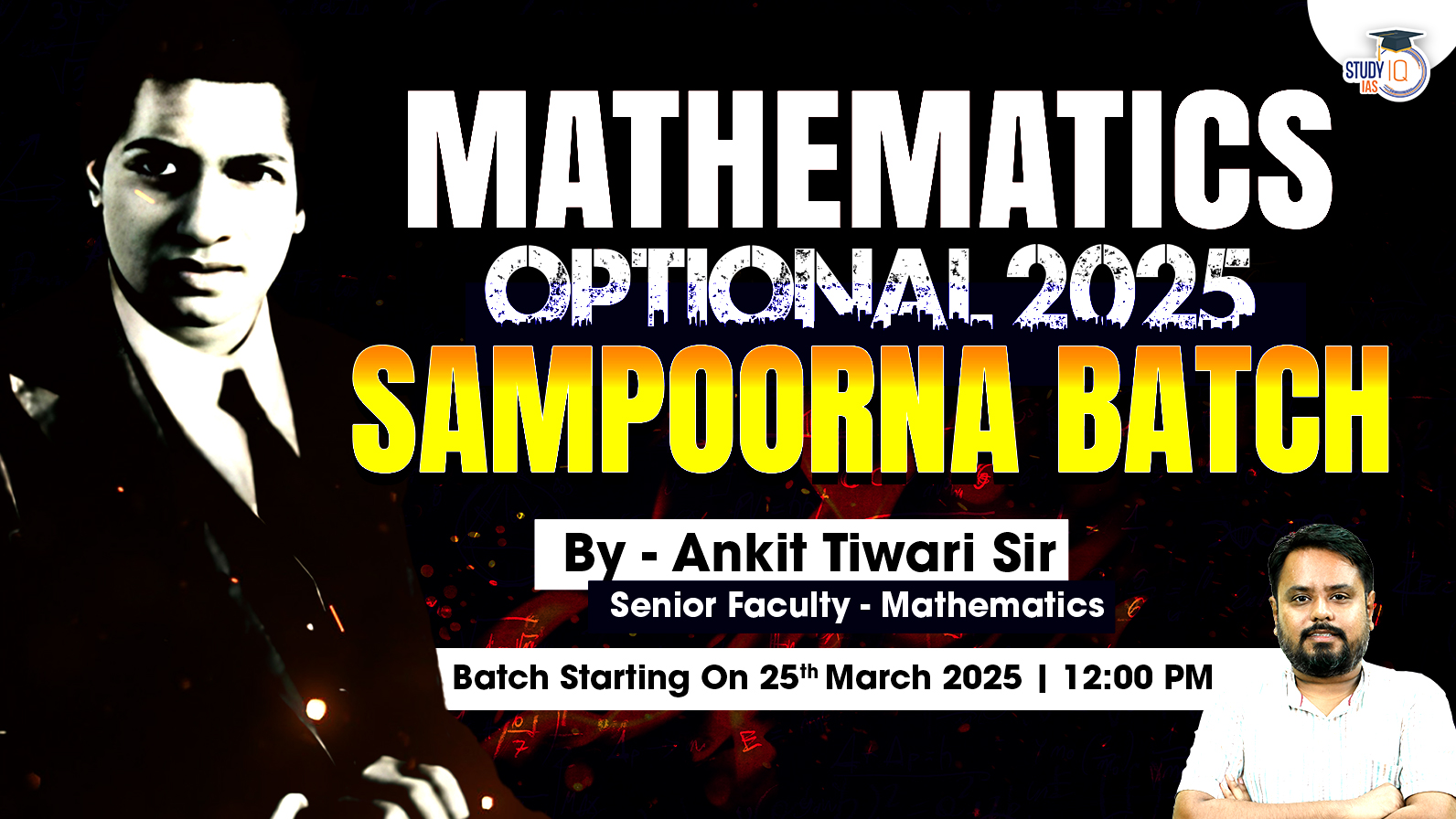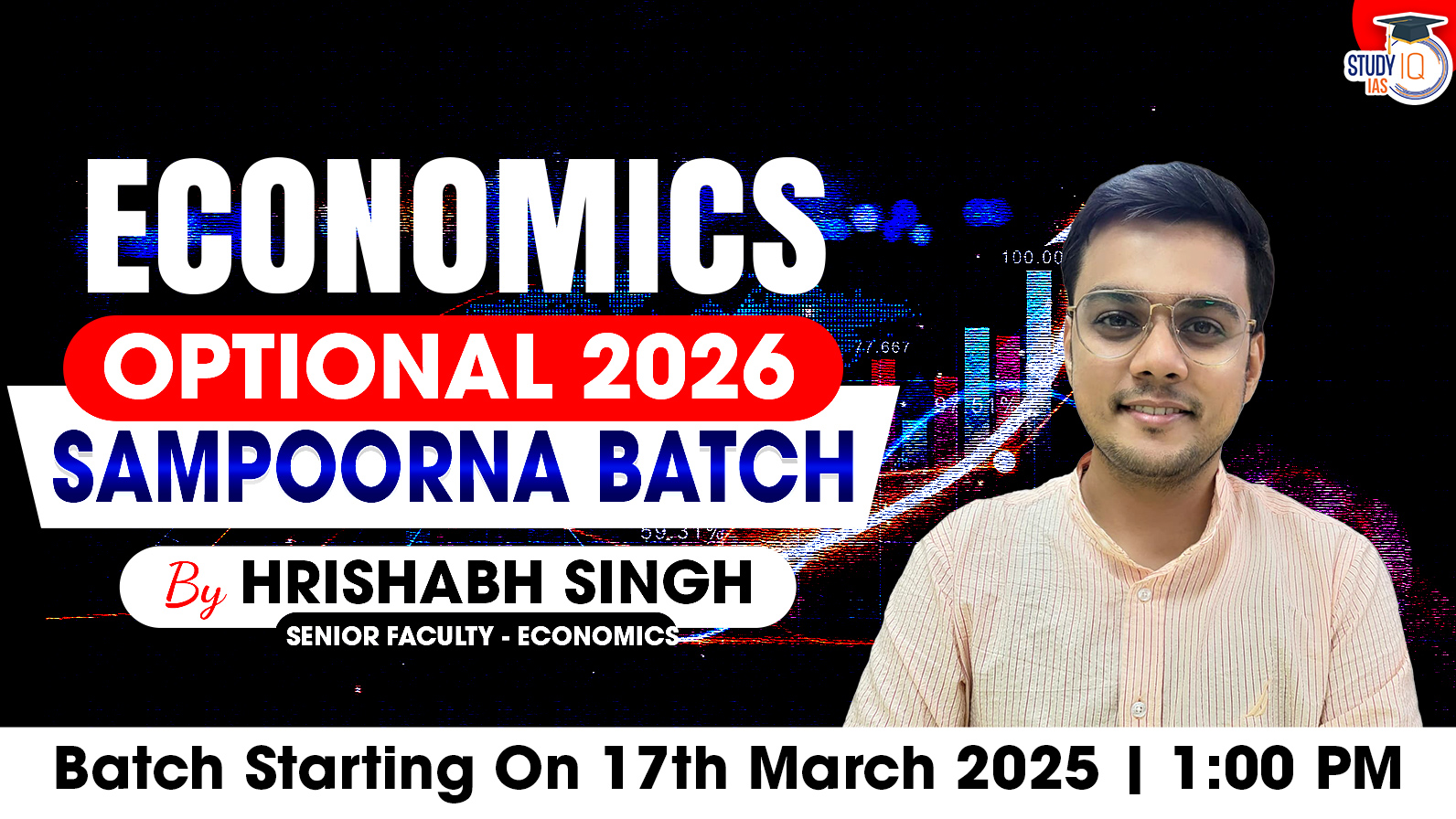Daily Current Affairs for UPSC 2023
Q) Which one of the following statement is not correct about the International Monetary Fund (IMF)?
- IMF provide loan to countries facing balance of payment problem.
- IMF’s resources mainly come from quotas of members.
- Executive Board is highest decision-making body of the IMF.
- IMF gives training to financial sector supervisory agencies.
Daily Current Affairs for UPSC – 12 July April 2023
Explanation:
- Option (1) is correct: International Monetary Fund (IMF) was established in 1944 in the aftermath of the Great Depression of the 1930s. 44 founding member countries sought to build a framework for international economic cooperation. The IMF provides loans, including emergency loans, to member countries experiencing actual or potential balance of payments problems.
- Option (2) is correct: The IMF’s resources mainly come from the money that countries pay as their capital subscription (quotas) when they become members. Each member of the IMF is assigned a quota, based broadly on its relative position in the world economy. Countries can then borrow from this pool when they fall into financial difficulty. Stand-by Arrangement (SBA) of IMF provides short-term financial assistance to countries facing balance of payments problems.
- Option (3) is incorrect: The Board of Governors is the highest decision-making body of the IMF. It consists of one governor and one alternate governor for each member country. The governor is appointed by the member country and is usually the minister of finance or the governor of the central bank. All powers of the IMF are vested in the Board of Governors. Executive Board is responsible for conducting the day-to-day business of the IMF. It is composed of 24 Directors, who are elected by member countries or by groups of countries, and the Managing Director, who serves as its chairman.
- Option (4) is correct: The IMF monitors the international monetary system and global economic developments to identify risks and recommend policies for growth and financial stability. The IMF provides technical assistance and training to governments, including central banks, finance ministries, revenue administrations, and financial sector supervisory agencies.
Q) Consider the following statements about ‘Kui’ Language:
- It belongs to the Indo-Aryan Family of languages.
- It is spoken by the Kondh Tribe of Odisha.
- It is included in the Eighth Schedule of the Indian Constitution.
How many of the statements given above are correct?
- Only one
- Only two
- All three
- None
Explanation:
- Statement 1 is incorrect but statement 2 is correct: Kui Language belongs to the Dravidian Family of languages. It is spoken mainly by people of Kondh/ Kandha Tribe, the largest tribes of Odisha. It uses Odia Script and Khondi, Gumsai are its dialects.
- Statement 3 is incorrect: Odisha Cabinet has proposed for the inclusion of Kui language in the 8th Schedule of Indian Constitution. The Eighth Schedule to the Constitution consists of the following 22 languages these are Assamese, Bengali, Gujarati, Hindi, Kannada, Kashmiri, Konkani, Malayalam, Manipuri, Marathi, Nepali, Oriya, Punjabi, Sanskrit, Sindhi, Tamil, Telugu, Urdu, Bodo, Santhali, Maithili and Dogri. Of these languages, 14 were initially included in the Constitution. Sindhi language was added by the 21st Amendment Act of 1967. Konkani, Manipuri, and Nepali were included by the 71st Amendment Act of 1992. Bodo, Dogri, Maithili, and Santhali were added by the 92nd Amendment Act of 2003.
Q) With reference to United Nations Human Rights Council (UNHRC), consider the following statements:
- The UNHRC was created in 1945 to address situations of human rights violations.
- The Headquarters of the UNHRC are situated in Geneva.
- UNHRC members serve for a period of five years and are eligible for re-election after serving two consecutive terms.
How many of the statements given above are correct?
- Only one
- Only two
- All three
- None
Explanation:
- Statement 1 is incorrect: United Nations Human Rights Council is an intergovernmental body within the United Nations system responsible for the promotion and protection of all human rights around the globe. The UNHRC replaced the former United Nations Commission on Human Rights. The Council was created by the United Nations General Assembly in 2006 by a resolution. India has voted in favour of a draft resolution tabled in the UN Human Rights Council that condemns and strongly rejects recent “public and premeditated” acts of desecration of the Koran.
- Statement 2 is correct but statement 3 is incorrect: The headquarters of the United Nations Human Rights Council is located in Geneva, Switzerland. The Council is made of 47 Member States, elected by the General Assembly of the UN through direct and secret ballot. The Council’s Membership is based on equitable geographical distribution. Members of the Council serve for a period of 3 years and are not eligible for immediate re-election after serving two consecutive terms. The Bureau of the Council consists of five people, one President and four Vice-presidents, representing the five regional groups. They serve for a year, in accordance with the Council’s annual cycle.
Q) Consider the following statements about Goods and Services Tax Network (GSTN):
- GSTN is a not for profit government company.
- It provides digital infrastructure to the taxpayers for the implementation of the GST.
- GSTN comes under the purview of the Prevention of Money Laundering Act.
How many of the statements given above are correct?
- Only one
- Only two
- All three
- None
Explanation:
- Statement 1 is incorrect but statement 2 is correct: Goods and Services Tax Network (GSTN) is a nonprofit non-government company. It provides IT infrastructure and services to the Central and State Governments, taxpayers and other stakeholders for implementation of the Goods and Services Tax (GST) in India. Goods and Services Tax Network (GSTN) has built Indirect Taxation platform for GST to help taxpayers in India to prepare, file returns, make payments of indirect tax liabilities and do other compliances.
- Statement 3 is correct: The government has brought the Goods and Services Tax Network (GSTN) under the purview of the Prevention of Money Laundering Act (PMLA) in order to empower the relevant investigating agencies to deal with tax fraud and money laundering matters, and not giving outright access to data to any party.
Q) Consider the following statements about Virtual Private Network (VPN):
- VPNs enable users to establish an encrypted connection over a public network.
- VPN companies in India are required to store the personal information of their users for a period of five years.
Which of the statements given above is/are correct?
- 1 only
- 2 only
- Both 1 and 2
- Neither 1 nor 2
Explanation:
- Statement 1 is correct: VPN (Virtual Private Network) is a technology that allows users to establish a secure and encrypted connection over a public network, such as the internet. A VPN creates a private network by encrypting the user’s internet traffic and routing it through a server located in a different location or country. By using a VPN, users can enjoy several benefits, including enhanced privacy, security, and the ability to access geographically restricted content.
- Statement 2 is correct: As per Indian Computer Emergency Response Team (CERT-In) Rules for VPN Providers in India have to record personal information of their users including names, email id, phone number and IP address for a period of five years. They also have to record usage patterns, purpose of hiring services and other information. Apart from VPN companies, data centers, virtual service network providers, cloud service providers have also been asked to record and maintain similar data. Entities are also required to report cybersecurity incidents to CERT-In within six hours of becoming or being made aware of them.

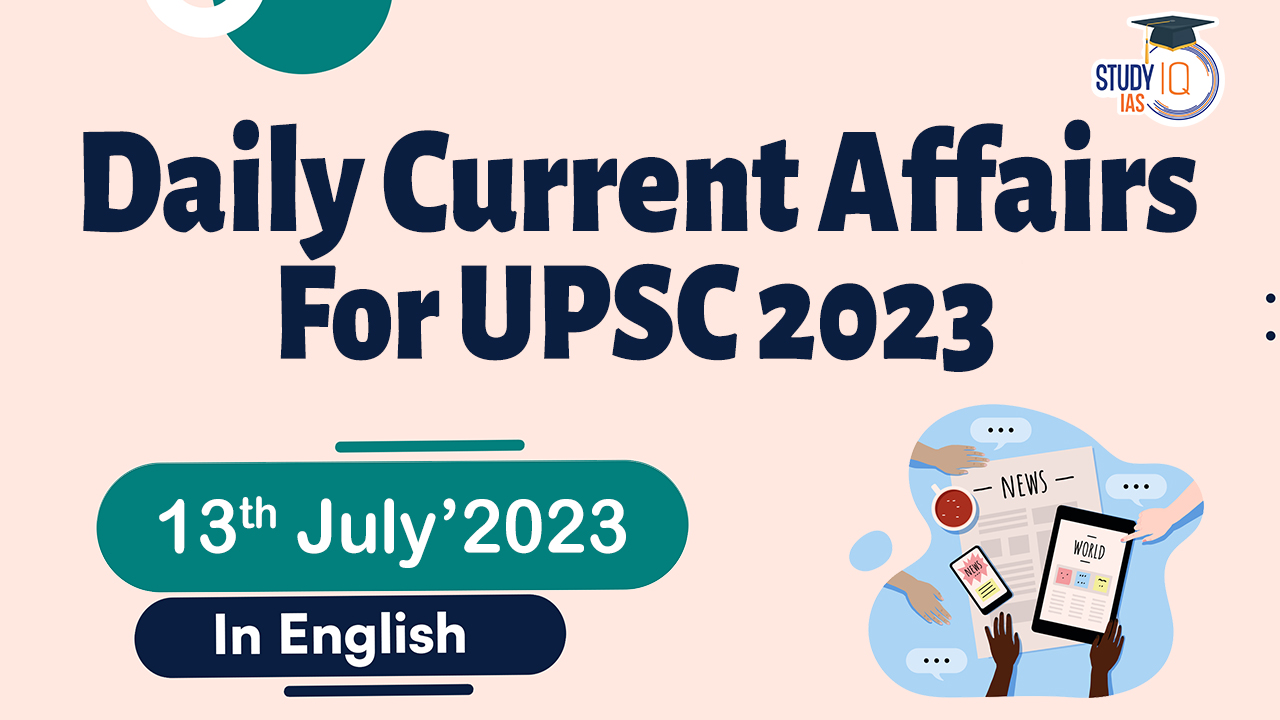
 Daily Quiz 25 March 2025
Daily Quiz 25 March 2025
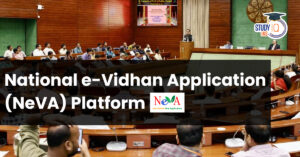 National e-Vidhan Application (NeVA) Pla...
National e-Vidhan Application (NeVA) Pla...
 Lapis Lazuli: The Vivid Blue Gemstone
Lapis Lazuli: The Vivid Blue Gemstone

